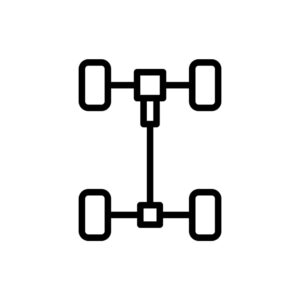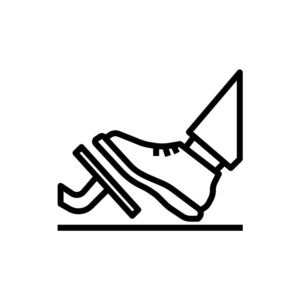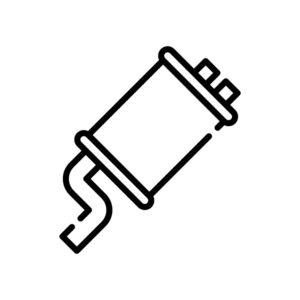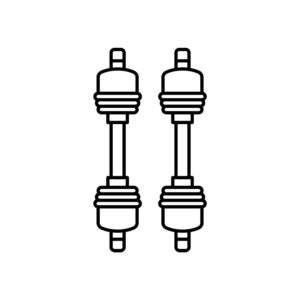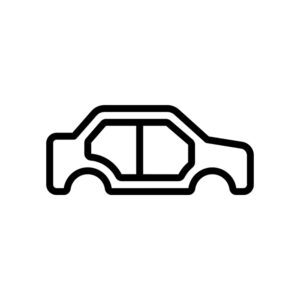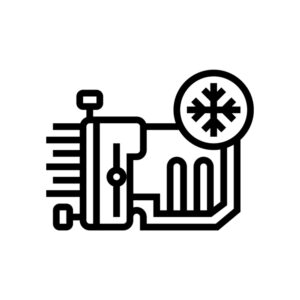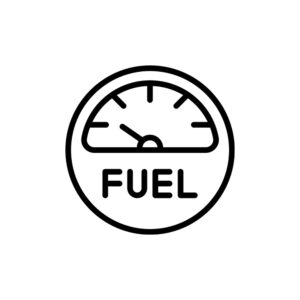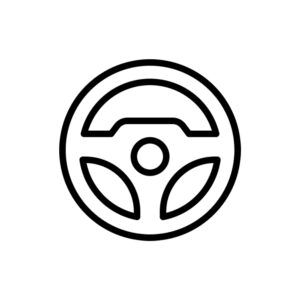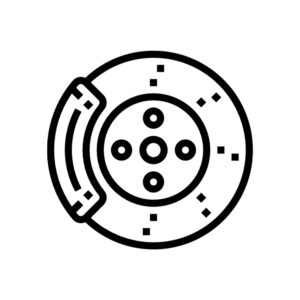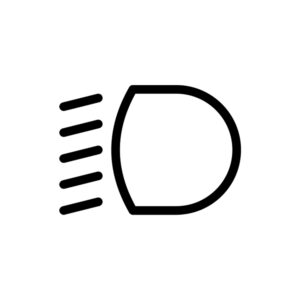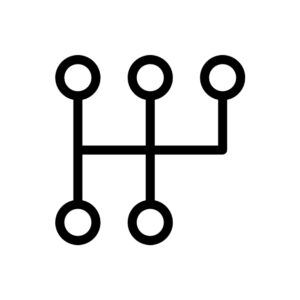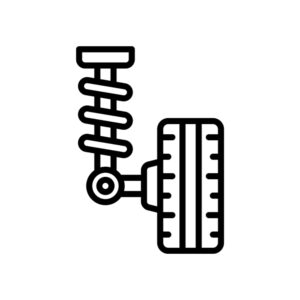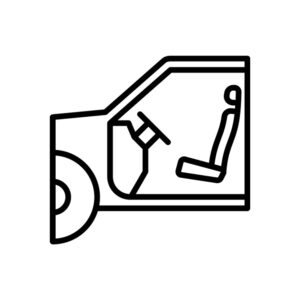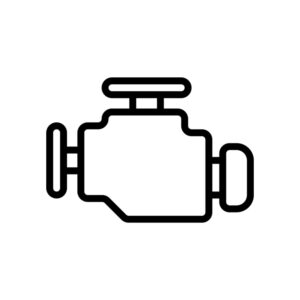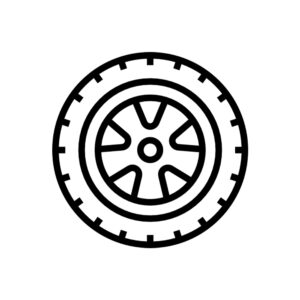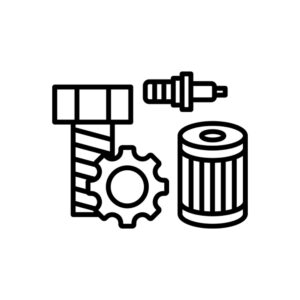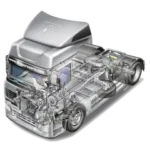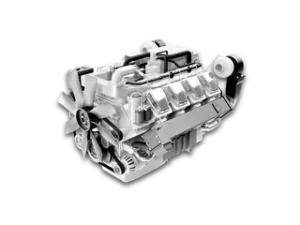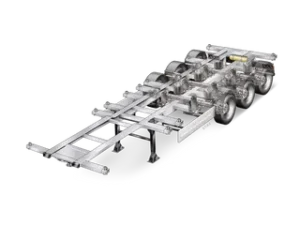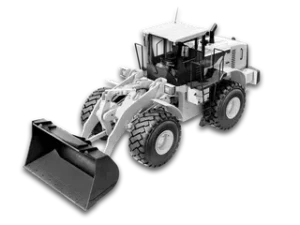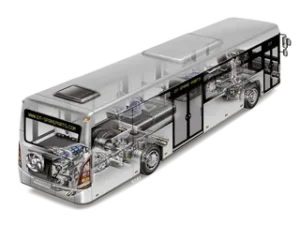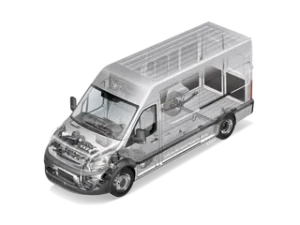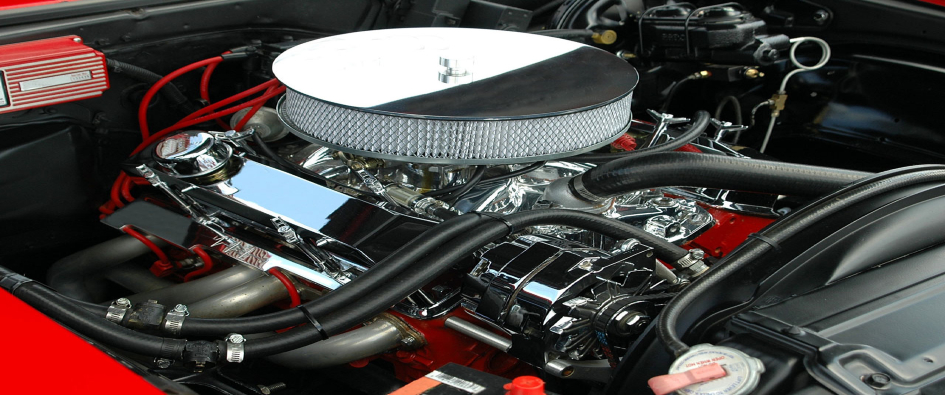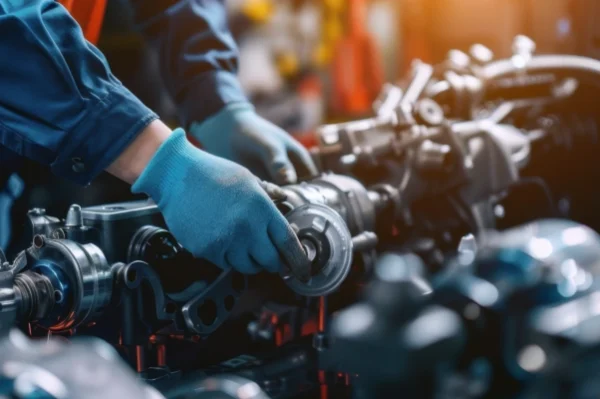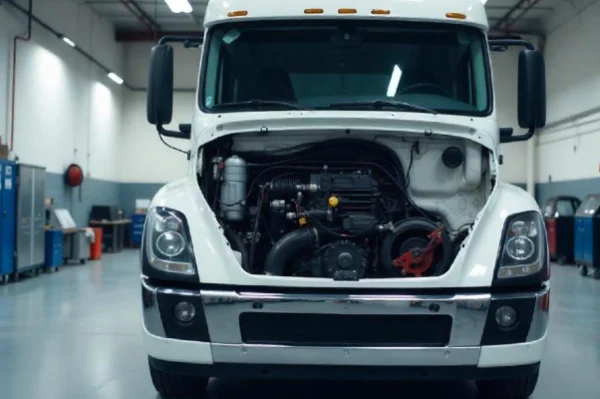When it comes to vehicle repairs, one of the most common questions is, “What’s the difference between OEM parts and aftermarket parts?” Understanding the distinctions between these two options is crucial for making an informed decision. In this blog, we will explore the key differences, including cost, performance, durability, and overall value, to help you decide whether to choose OEM quality parts or aftermarket parts for your vehicle.
OEM Quality Parts: What Does It Mean?
OEM (Original Equipment Manufacturer) quality parts are produced by the vehicle’s manufacturer or an approved supplier to the same specifications as the original parts installed in your car. This means that they are guaranteed to fit perfectly and perform as intended. Because of their precision and high standards, OEM parts typically come with a warranty from the vehicle manufacturer, offering peace of mind to car owners who want reliability.
Aftermarket Parts: A Cost-Effective Alternative?
Aftermarket parts are produced by third-party companies, not by the original manufacturer. These parts are often designed to fit multiple models, which can make them more affordable. While aftermarket parts tend to be cheaper than OEM quality parts, the wide variety in brands and quality means it’s important to carefully evaluate them. Some aftermarket parts are excellent, while others may be of lower quality, potentially affecting the performance and longevity of your vehicle.
Performance Comparison: OEM Quality vs. Aftermarket Parts
When it comes to performance, OEM parts generally offer superior reliability because they are exact replicas of the original components. Since they meet the manufacturer’s specifications, they are less likely to cause issues like poor fit or reduced functionality. Aftermarket parts can perform well, but their performance can vary greatly depending on the brand. While some aftermarket parts are designed to improve performance, others may not meet the standards of the original equipment, especially if they are generic or mass-produced for multiple vehicle models.
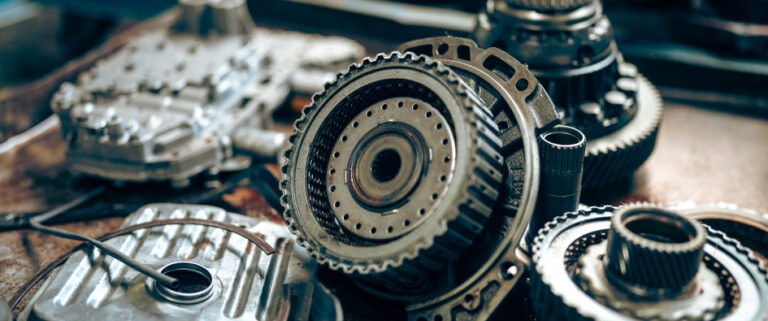
Durability and Reliability: OEM vs. Aftermarket
One of the main reasons car owners opt for OEM quality parts is durability. Because they are built to the same specifications as the original parts, they tend to last longer and are more reliable. Aftermarket parts, on the other hand, vary in durability. Some aftermarket brands prioritize cost over quality, which can lead to parts wearing out faster than their OEM counterparts. However, there are high-quality aftermarket parts available that can match or even exceed the durability of OEM parts—making it important to do your research before purchasing.
Pricing: Why Are OEM Parts More Expensive?
OEM quality parts are often more expensive than aftermarket alternatives due to several factors. First, OEM parts come directly from the manufacturer, who controls both the production process and pricing. Second, the assurance of quality, reliability, and fit contributes to the higher cost. Aftermarket parts, produced by a variety of third-party manufacturers, usually have lower prices because of competition and the ability to create one-size-fits-all components for multiple vehicle brands. However, the price difference can sometimes reflect a trade-off between quality and cost.
Fit and Compatibility: Are Aftermarket Parts a Risk?
A key advantage of OEM parts is that they are designed to perfectly fit your specific vehicle model, reducing the risk of improper installation. This precise fit ensures that your vehicle will continue to function as intended. In contrast, aftermarket parts are sometimes designed to fit a range of models, which can lead to compatibility issues. If an aftermarket part doesn’t fit perfectly, it can cause additional wear on other components, leading to further repairs down the road. It’s essential to choose high-quality aftermarket parts or consult a professional to ensure the right fit.
Which One to Choose: OEM or Aftermarket Parts?
When deciding between OEM quality parts and aftermarket parts, it comes down to your priorities. If you’re looking for guaranteed quality, reliability, and an exact fit, OEM parts are the way to go especially for critical components that impact safety or performance. However, if you’re on a budget and need a cost-effective solution, aftermarket parts can be a good choice, as long as you choose a reputable brand. For non-essential parts, such as cosmetic components, aftermarket options can save you money without compromising the vehicle’s overall function.
Whether you choose OEM quality parts or aftermarket parts depends on your needs for cost, quality, and vehicle performance. While OEM parts offer guaranteed fit and long-term reliability, aftermarket parts can provide budget-friendly alternatives. Understanding the differences between these two options ensures you make the best decision for your vehicle and driving experience. If you’re looking for OEM quality parts for trucks, buses, trailers, and industrial machines, you can find a wide selection at Aspatech.
FAQ: OEM Quality Parts vs. Aftermarket Parts
Can aftermarket parts void my vehicle’s warranty?
In some cases, using aftermarket parts could potentially void your vehicle’s warranty if the part causes damage or affects performance. It’s always a good idea to check with your vehicle’s manufacturer or warranty provider before using aftermarket parts.
Are all aftermarket parts lower quality than OEM parts?
Not necessarily. While some aftermarket parts may be of lower quality, others are made by reputable companies and can even offer improvements in performance or durability over OEM parts. Researching brands and reviews is key to finding high-quality aftermarket parts.
Can I mix OEM and aftermarket parts in my vehicle?
Yes, you can mix OEM and aftermarket parts in your vehicle, but it’s important to ensure that the aftermarket parts are compatible with your car’s make and model. For critical components, OEM parts are usually recommended for the best performance and safety.
Do OEM parts come with a warranty?
Yes, OEM parts typically come with a manufacturer’s warranty, providing coverage in case of defects or issues. The warranty terms may vary, so it’s best to inquire when purchasing.
Are aftermarket parts cheaper for all types of vehicles?
Aftermarket parts are often cheaper than OEM parts, but the price difference can vary depending on the make and model of the vehicle. Some luxury or specialized vehicles may have fewer aftermarket options, which can drive up the cost.

